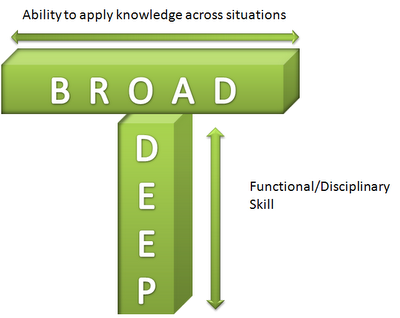We are committed to providing intellectual skills that are necessary whether a student is interested in transferring to a four year school or pursuing one of the many excellent A.A.S. degrees at the college and joining the workforce. In either case, success will depend on more than the specialized or applied knowledge the student acquires.
 Learning to solve unstructured problems in multiple contexts and environments, developing the ability to appreciate and benefit from diverse perspectives, understanding technology and research, developing collaborative learning skills and using them to articulate ethical positions, and demonstrating fluency in communication and quantitative reasoning are essential no matter what the future holds.
Learning to solve unstructured problems in multiple contexts and environments, developing the ability to appreciate and benefit from diverse perspectives, understanding technology and research, developing collaborative learning skills and using them to articulate ethical positions, and demonstrating fluency in communication and quantitative reasoning are essential no matter what the future holds.
At Mid, our faculty are dedicated to providing learning environments where our students can master these skills. Mid's General Education courses provide students with the broad knowledge and skills to be successful in life as well as their careers.
The college believes in producing “T” shaped learners and professionals.
The program of study will provide a student with the deep and specific knowledge required to join a profession or area of advanced study. But success also requires the broad knowledge and skills required to work and communicate with others and to solve organizational and cultural problems that are unpredictable and unstructured. The model of this kind of student/professional is represented by the graphic on this page.